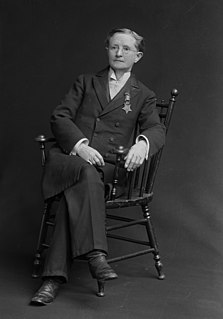A Quote by Bryant H. McGill
Related Quotes
It's very easy to look for happiness outside ourselves; in a relationship, a dream job, or the perfect body weight. When we chase happiness externally, we're simply looking for God in all the wrong places. The outside search is based on false projections we place on the world. These projections build up a wall against true happiness, which lies within us.
One of the advantages of being born in an affluent society is that if one has any intelligence at all, one will realize that having more and more won't solve the problem, and happiness does not lie in possessions, or even relationships: The answer lies within ourselves. If we can't find peace and happiness there, it's not going to come from the outside.
When we seek happiness through accumulation, either outside of ourselves-from other people, relationships, or material goods-or from our own self-development, we are missing the essential point. In either case we are trying to find completion. But according to Buddhism, such a strategy is doomed. Completion comes not from adding another piece to ourselves but from surrendering our ideas of perfection.
We could say that the human race is a great coauthorship in which we are collaborating with God and nature in the making of ourselves and one another. From this there is no escape. We may collaborate either well or poorly or we may refuse to collaborate, but even to refuse to collaborate is to exert an influence and to affect the quality of the product. This is only a way of saying that by ourselves we have no meaning and no dignity; by ourselves we are outside the human definition, outside our identity.


































